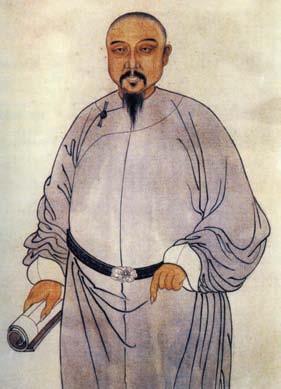 |
Lin Zexu, an official in Qing Dynasty, launched a campaign to learn from foreign countries in the 19th century. |
Then, in the 19th and early 20th centuries, the country was beset by foreign occupation. In the face of serious domestic problems and foreign invasions, the community began to take a new look at the world. They brought in and translated a large number of foreign books that were both educative and enlightening to the public, in a bid to build China up into a strong country, economically and militarily. Unfortunately, their efforts failed due to the magnitude of the social disturbances and the complications of international circumstances.
But things changed in China’s drive to reform and open up. This time, efforts to learn from foreign cultures succeeded in helping China become an economically and militarily stronger country. Amid the increasing efforts to learn from others, however, attention on foreign things grew and the exchange somehow became one-way, bringing in huge amounts of foreign culture to China but failing to share Chinese culture overseas.
Academically, it is a daunting task to give a faithful translation of any source language. Translation, by nature, is the communication of the meaning of a source-language text by means of an equivalent target-language text. Traditionally, the common standards for good translation are fidelity and elegance, smoothness and equivalence.





Why not rent a boyfriend, or girlfriend to please parents during the Spring Festival?